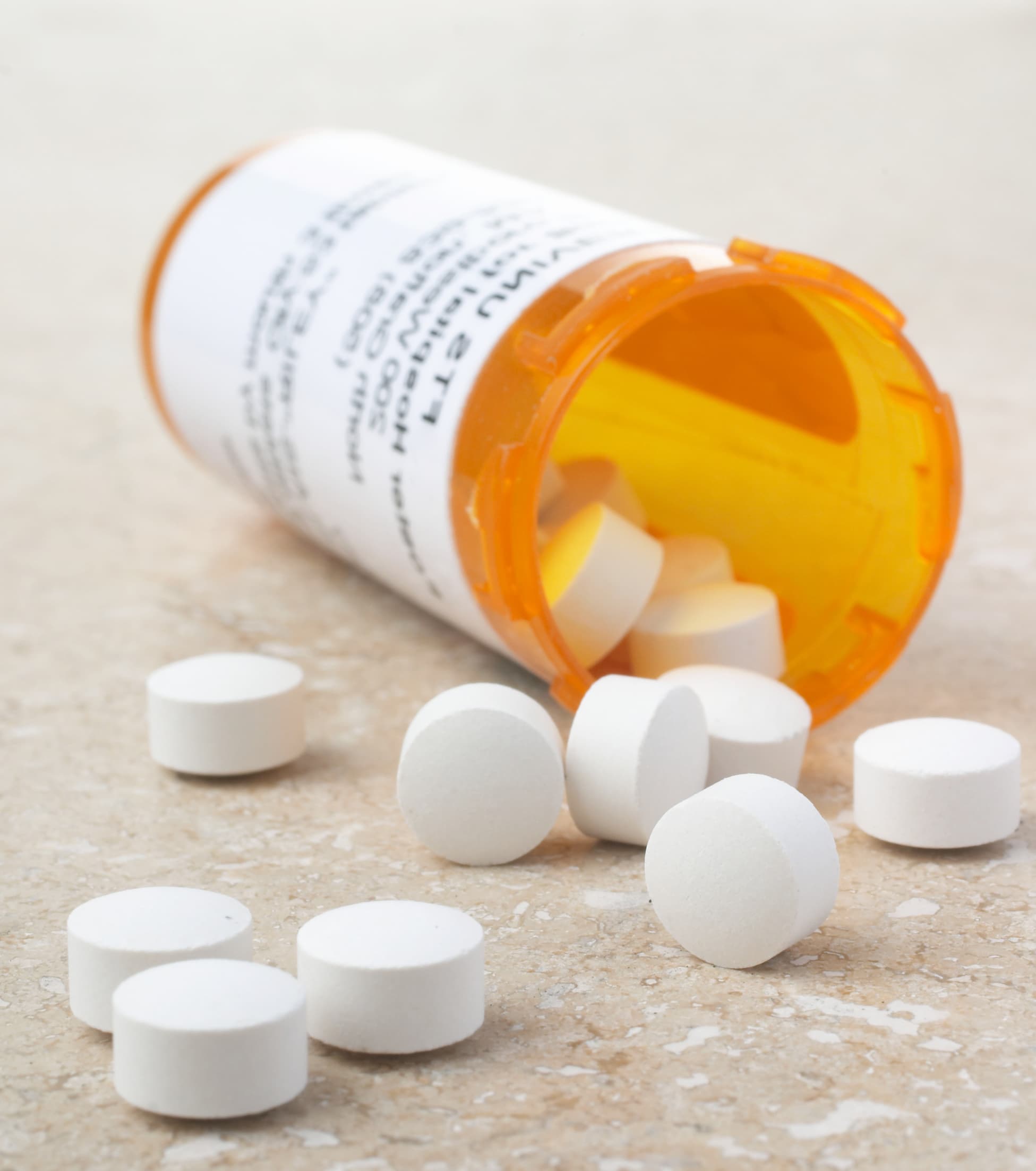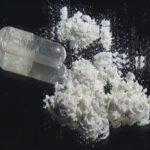Tramadol is a prescription pain medication that belongs to the class of opioids. It is commonly used to manage moderate to severe pain, such as after surgery or due to chronic conditions like arthritis. Tramadol works by binding to opioid receptors in the brain, reducing the sensation of pain and providing relief.
This drug, along with other opioids, can become addictive. If you have gone through Tramadol rehab for an addiction, read on to find out how you can stay sober for the long term.
How does Tramadol become addictive?
The drug interacts with the brain’s reward system, triggering the release of dopamine. This is a neurotransmitter associated with pleasure and reward. Over time, the brain can become dependent on the drug to maintain a sense of well-being. In turn, this leads to cravings and compulsive drug-seeking behavior.
At some point, you will feel that you can no longer function normally without taking the drug. Also, if you try to quit, you may experience uncomfortable withdrawal symptoms. They can get so bad that they’ll compel you to take the drug again just to get relief.

What happens during Tramadol rehab?
During drug rehab, both the biological and psychological effects of addiction are treated. Rehab starts with detox and withdrawal management, followed by behavioral therapies and relapse prevention.
During detox, medical professionals will help you rid your body of Tramadol while minimizing withdrawal symptoms. Doctors may give you medications to ease discomfort if ever your withdrawal symptoms become unpleasant.
Once detox is complete, the next step involves behavioral therapies. Individual counseling, group therapy, and support groups are some examples. These let you uncover the root causes of addiction, develop coping strategies, and learn healthier ways to manage stress.
What is relapse and how big of a problem is it?
Relapse means going back to drug use after abstaining for a while. It can be disheartening, but relapse is actually a common challenge in the journey of recovery.
If you relapse, it doesn’t mean you failed to overcome your addiction. What it means is you need ongoing support to keep yourself sober.
Statistics show that approximately 40-60% of individuals in recovery from opioid addiction experience at least one relapse. These numbers are influenced by the following factors:
- Duration and severity of addiction
- Co-occurring mental health conditions
- Support and resources available during recovery
Relapse can occur due to various reasons, including:
Triggers
Triggers are situations, people, or environments that evoke intense cravings for drugs. They can be internal (emotional distress, pain) or external (being in places associated with drug use, being around people who still use drugs).
Co-occurring mental health conditions
Underlying mental health issues such as depression, anxiety, or trauma can affect your recovery. If not properly treated alongside the addiction, these conditions will make it easier for you to relapse.
Insufficient support
Lack of a robust support network, including family, friends, and recovery communities, can leave you feeling vulnerable. Relapse is more likely if you don’t have a solid support network.
Stress and life challenges
Everyday stressors and life difficulties can trigger intense emotions. These may tempt you to use drugs as a coping strategy. Without healthy alternatives, your risk of relapse can be heightened.
Complacency and overconfidence
Sometimes, you may mistakenly believe that you have conquered your addiction. In turn, you may become complacent in your recovery efforts. Overconfidence can make you neglect self-care, therapy sessions, and the skills you’ve learned during rehab. You may begin to adopt risky behaviors, increasing your risk of relapse.
Understanding the factors that contribute to relapse can help you prepare appropriately. You need to plan and implement effective strategies to prevent relapse.
Identify your drug triggers, develop healthy coping mechanisms, seek ongoing support, and maintain a proactive approach to recovery. With these, you can significantly reduce your chances of relapse. You can maintain longer term sobriety as a result.
How can I prevent relapse?

Preventing relapse requires a proactive approach. Here are a few measures you can take to keep yourself on the road to recovery.
Build a strong support network
Surround yourself with positive and supportive individuals who understand your journey. Most importantly, they should be able to provide encouragement and accountability. Join support groups such as Narcotics Anonymous (NA) or seek out a sponsor who can guide you through challenging times.
Develop healthy coping mechanisms
Identify healthier alternatives to manage pain or stress. These include exercise, meditation, deep breathing exercises, hobbies, or creative outlets. These activities can help distract your mind from negative emotions, eliminate drug cravings, and promote overall well-being.
Avoid triggers
Recognize and steer clear of people, places, or situations that may tempt you to use Tramadol again. This may involve making changes to your social circle, avoiding certain locations, or seeking out new, drug-free activities.
Practice self-care
Prioritize self-care by adopting a healthy lifestyle. This includes eating a healthy diet, sleeping enough, and exercising daily. Taking care of your physical and mental well-being can significantly contribute to your overall recovery.
Utilize therapy and aftercare
Continue attending therapy sessions, both individual and group, even after completing rehab. Therapy provides ongoing support, helps you develop effective coping mechanisms, and assists in addressing any underlying issues that may contribute to addiction.
Set goals and establish a routine
Set realistic goals for yourself after rehab. Also, it pays to develop a daily routine that promotes a sense of structure and purpose. Having clear objectives and a sense of direction can keep you focused and motivated during the recovery process.
Conclusion
Recovering from Tramadol addiction is a courageous and life-changing accomplishment. By understanding the nature of addiction, taking advantage of the resources available, and implementing strategies to prevent relapse, you can build a solid foundation for a healthier and sober life.
Remember, it’s important to be patient and kind to yourself throughout the journey. Recovery is a process, and setbacks are not indicators of failure. Stay committed, lean on your support network, and embrace a future full of hope, resilience, and sobriety.


